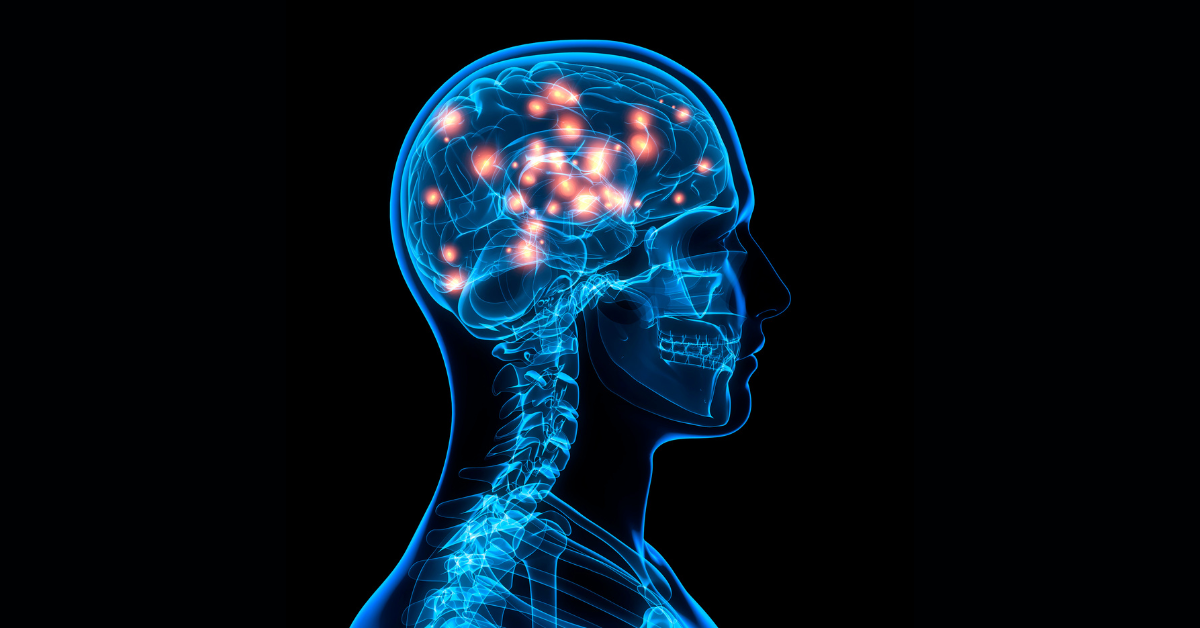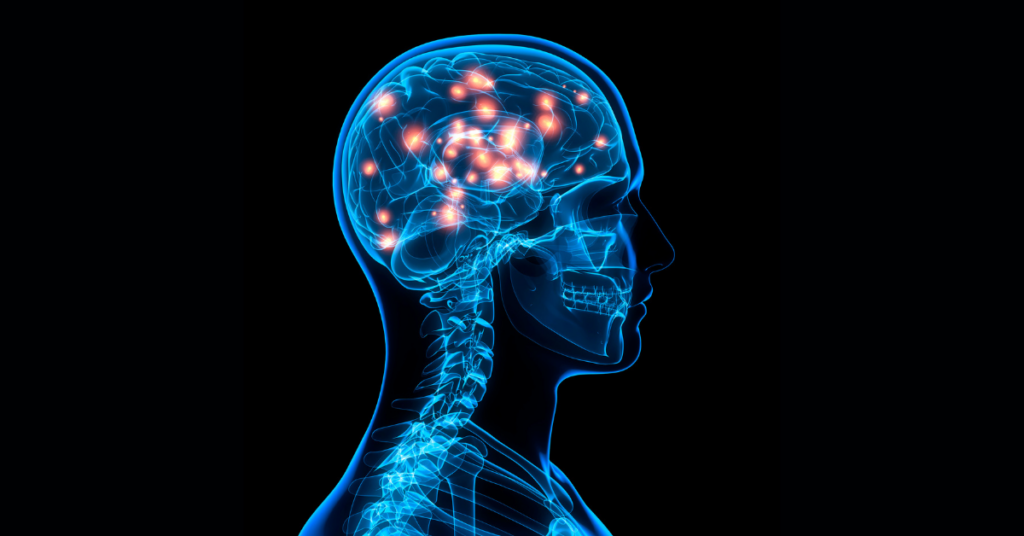Navigating Traumatic Brain Injury as a Wounded Veteran

Navigating Traumatic Brain Injury as a Wounded Veteran. For many veterans, the transition from the battlefield to civilian life is marked by both triumphs and challenges. Among the most prevalent challenges faced by wounded veterans is Traumatic Brain Injury (TBI).
Understanding Traumatic Brain Injury (TBI) as a Wounded Veteran:
Traumatic Brain Injury (TBI) as a Wounded veteran is often referred to as the “signature injury” of modern warfare, affecting countless service members. TBI will result in a range of symptoms, from headaches and dizziness to memory loss and mood swings.
For wounded veterans, the impact of TBI can be particularly challenging, as it may exacerbate existing physical injuries and mental health conditions. The invisible nature of TBI also presents unique obstacles, as symptoms may not always be immediately apparent, leading to delays in diagnosis and treatment.
Dealing with TBI: Strategies for Resilience and Recovery:
- Seek Comprehensive Medical Evaluation: If you have sustained a TBI, you must seek a thorough medical evaluation from healthcare professionals experienced in treating TBI. This evaluation may include physical exams, imaging tests, and cognitive assessments develop a personalized treatment plan.
- Embrace Multidisciplinary Treatment Approaches: Recovery from TBI often requires a multidisciplinary approach, involving various healthcare practitioners. These practitioners can offer specialized interventions and therapies to address cognitive deficits, physical impairments, and emotional challenges associated with TBI.
- Advocate for Support Services: You are entitled to a range of support services. These may include vocational rehabilitation, mental health counseling, caregiver support programs, and assistance with accessing adaptive equipment and accommodations.
- Prioritize Self-Care and Wellness: Managing TBI requires a holistic approach to self-care and wellness. This may involve adopting healthy lifestyle habits, such as nutritious eating, adequate sleep, and stress management techniques. Engaging in meaningful activities, hobbies, and social connections can also contribute to your overall well-being and sense of purpose.
- Connect with Peer Support Networks: One of the most powerful sources of support for wounded veterans is connecting with peers who have shared experiences. Peer support networks, such as veteran support groups and online forums, provide a safe space to share stories, exchange resources, and offer encouragement and understanding.
A Journey of Resilience and Recovery.
Dealing with Traumatic Brain Injury as a wounded veteran is a journey marked by resilience, courage, and perseverance. By seeking comprehensive medical evaluation, you can navigate the challenges of TBI and embark on a path toward recovery and resilience.
Remember, you are not alone in this journey. Your fellow veterans, healthcare providers, and support organizations are here to help you every step of the way. Together, we can overcome the obstacles posed by TBI and embrace the future with strength and hope.



